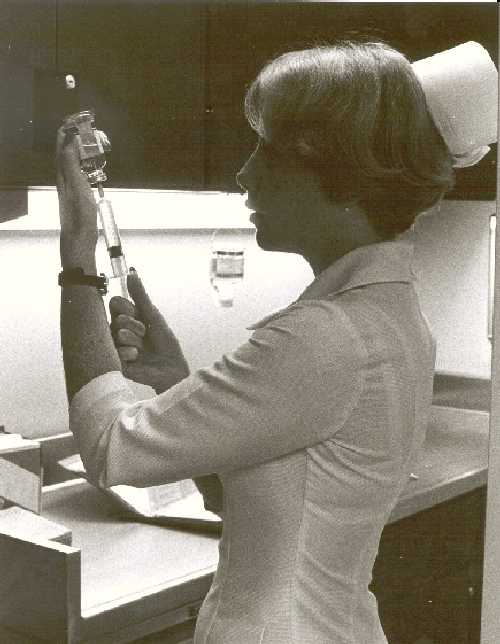Everything You Need to Know About the Certified Nurse Educator Examination
August 29, 2009 by Rn2b
Filed under Becoming a Nurse, Certified Nursing Assistant (CNA), Featured Nurse News, General Nurse Information, Nursing Books, Testing and Exam Help
Everything You Need to Know About the Certified Nurse Educator Examination
The National League for Nursing created the Certified Nurse Educator Examination as a specialty certification in 2005. It is a credentialing tool for nurses who are have masters and doctoral degree nurse educators. About 1600 currently possess this coveted credential, the rate of passers for the exam is 85%.
Here are the eligibility criteria for initial certification which should be met at the time of application:
For option A, all three of these criteria must be met:

Everything You Need to Know About the Certified Nurse Educator Examination
• The person must be an active registered nurse as of the moment in the United States
• One should have either a master’s or doctoral nursing degree majoring or emphasizing education for nurses and 9 or more credit hours of graduate level education subjects
• One should also have a two year or more of full-time employment as an academic faculty in schools and this must be within the past five years for eligibility to take the exam.
For option B, these criteria should be met as well:
• Licensure (One should be an active nurse, registered and with a license eligible in the United States)
• Education (A master’s or if possible, doctorate in nursing with a major which emphasizes a role different from nursing education is necessary)
• Experience of 4 years or more employed full time (this is determined by the institution where the person works) in the academic faculty role within the past five years.
The CNE exam does not involve computer-adaptive test like the NCLEX rather, it is a standard multiple-choice assessment in electronic format which is entirely computer-based. The test consists of 150 multiple choice questions and has a time limit of 3 hours. The exam costs about $375 for NLN member and $475 for those who are nonmembers. These examination cost can be reimbursed by some colleges and universities.
As for the result of the exam, the computer displays individual test scores (whether the examinee passed or not) as soon as candidates are finished with the certification exam so there is no fretful waiting for results.
Months before the exam, one should be able to start refreshing and reviewing for the certification test. There are many primer and reviewer booklets and guides that can be purchased in bookstores or other shops in the internet. The National League or Nurses also recommended reviewing of the following materials:
• The test blue print which will help one to understand how each content area is weighted, and to review the percentage of questions that pertain to each area.
• The recommended reference list which gives the references specific to each of the content areas.
• The Sample questions on the candidate handbook
Reviewing for the Certified Nurse Educator Exam is essential and self-assessment examination booklets are invaluable tools in preparing for the CNE examination. Likewise, reviewing the helpful handbooks used during master’s coursework and other nursing textbooks should also be helpful in preparing for the exam.
There are many benefits of CNE certification for the nurse educator and most important among these is becoming highly qualified and competitive in very tight job market.

